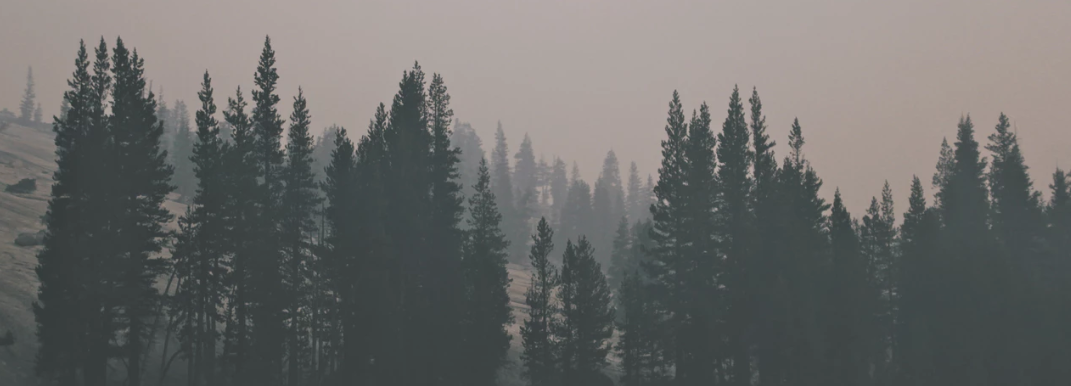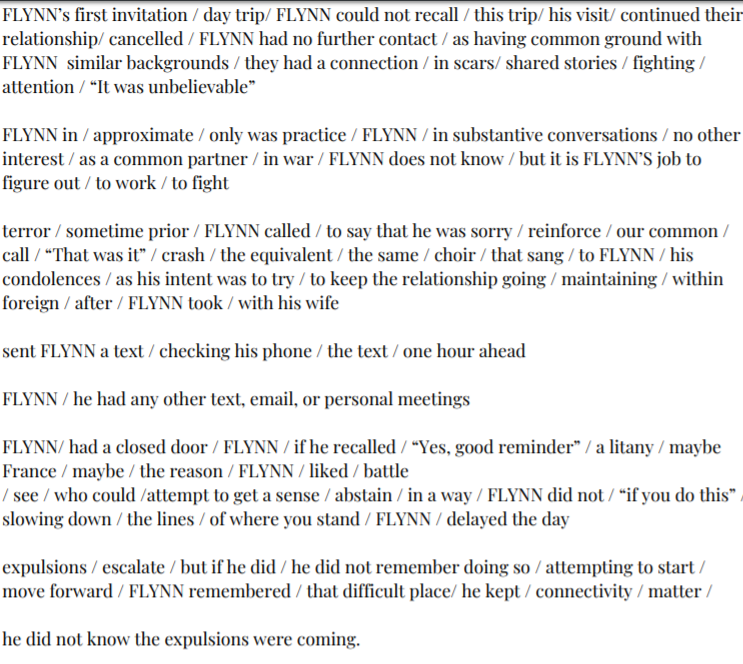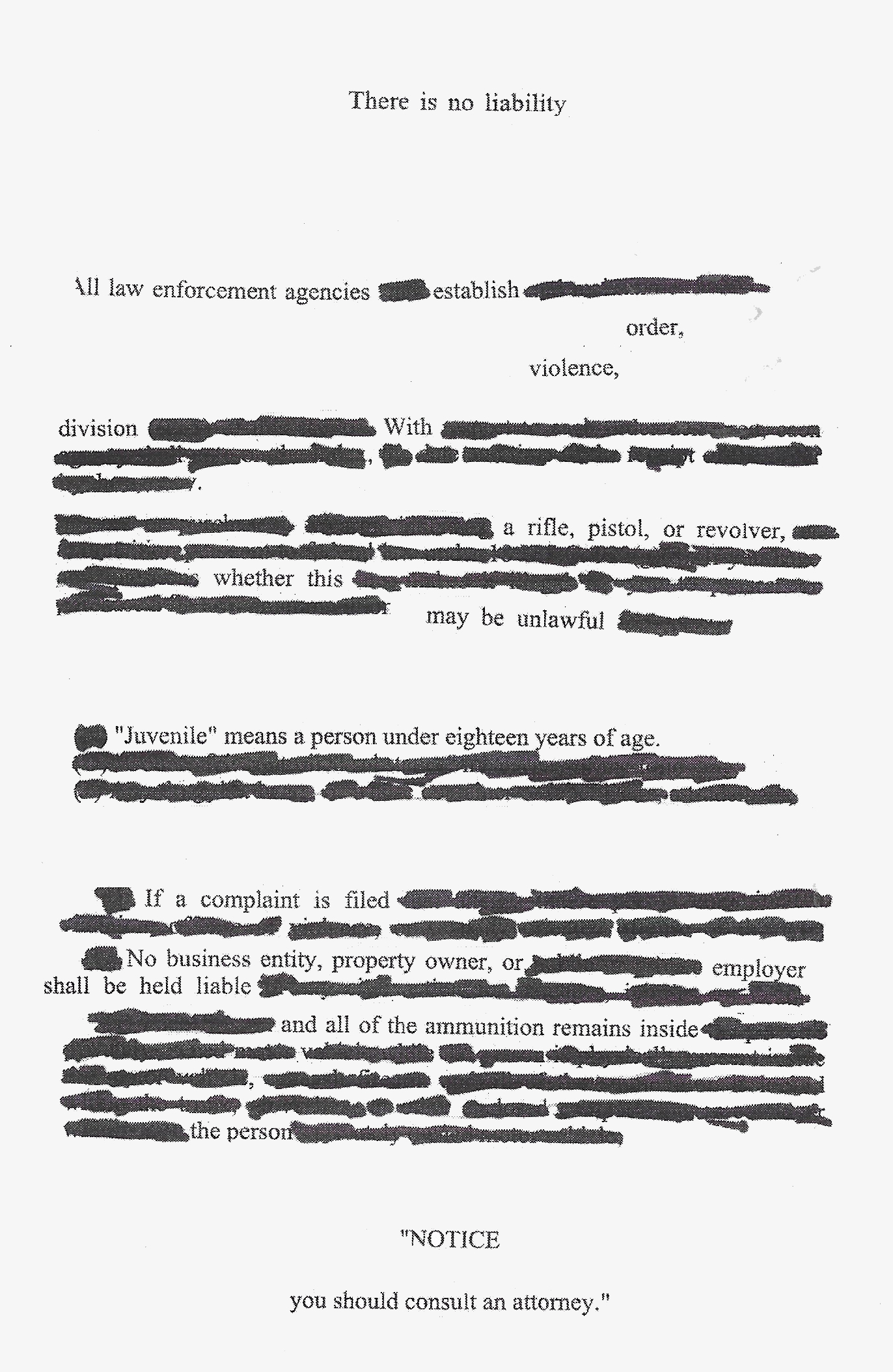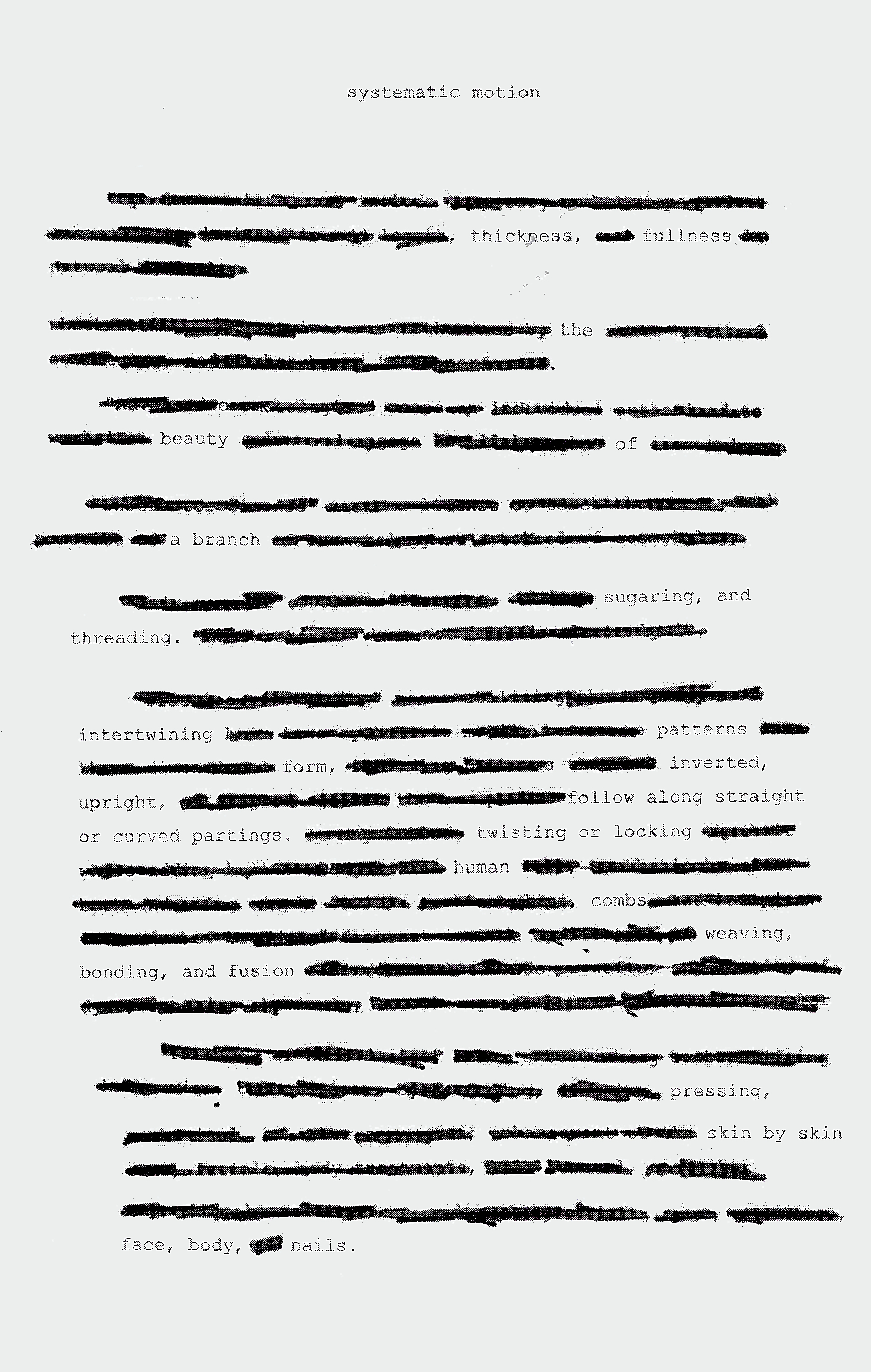CLYDE BEATTY, 61, ANIMAL TRAINER
Circus Performer, 40 Years, Dies
—Mauled 100 Times
”And now, in the most dangerous,
blood-curdling, suicidal,
wild-animal display ever
conceived, the world’s greatest
wild-animal trainer,
Clyde! Beatty!!”
A dramatic, intense and chilling
flirtation with death–a flirtation
that left him scarred, clawed,
and spotted with fang marks.
It was a flirtation, too, that made
him a symbol of the eerie, bizarre world
of the circus, a world of hokum
and high drama, of show biz
and sudden death.
“I want people to see me close.
I want them to see the cats
right up to me; to be close
enough to smell the cats.”
For eighteen minutes, in a cage
filled with between 12
and 30 lions and tigers,
Mr. Beatty whipped and cajoled,
whispered and shrieked.
If a lion lunged at him,
he would stop talking,
he would freeze and stare
at the big cat with the chair
poised and the whip held back.
If a tiger clawed at his chair,
he would push it free
and blast away with his
.38 caliber pistol.
The audience,
of course,
loved it.
“It was a rough afternoon,”
he would say after a performance,
sipping a highball, recalling the show
during which the big cats performed
body rolls, body spins,
walked atop a huge roller and,
for a finale, lay side by side
in a straight line.
“Everything was all right until
the brothers started acting up.
It’s Caesar who’s peculiar.
He has a way of hitting the chair
so it twists my wrist.
For six months now he’s been doing it.
Last Saturday he got me.
He tore my shirt off.”
“When I get ’em fresh from the jungle
they’re afraid of me,” he said.
“As I work ’em they get used to me.
And they’ll turn. Tigers go awful quick.
One day they’re fine, and next day
they’ll run me out of the cage.”
“The last time a tiger had me down
I wouldn’t have gotten up except
a lion attacked the tiger,” he noted.
“9 times out of 10,
a lion will kill a tiger in a fight.
But the tiger is more ferocious
toward me. Lions bluff.
When tigers come, they mean it.”
“Brutus came in today,
maybe you noticed he
circled out front.
He was looking for Buddy,
up on the perch.
Brutus was looking around
for him to say, ‘c’mon,
let’s get this guy.'”
“The worst I ever got was Nero,
a big lion born in captivity.
That was back in the thirties in Indiana.
I had females in the act
and Nero was after one of them.
I stopped him and he got over me,
with his mouth in my face.
I grabbed his mouth and pushed him away.
That’s when he grabbed my leg
and carried me around like a rag doll.
I was unconscious the better part
of twelve days, and they just about
gave up on me.”
SOURCE: The New York Times Obituary, July 20, 1965
Dan Sklar teaches creative writing at Endicott College in Massachusetts. He rides a bicycle to work.
Photo by Tom van Hoogstraten.













